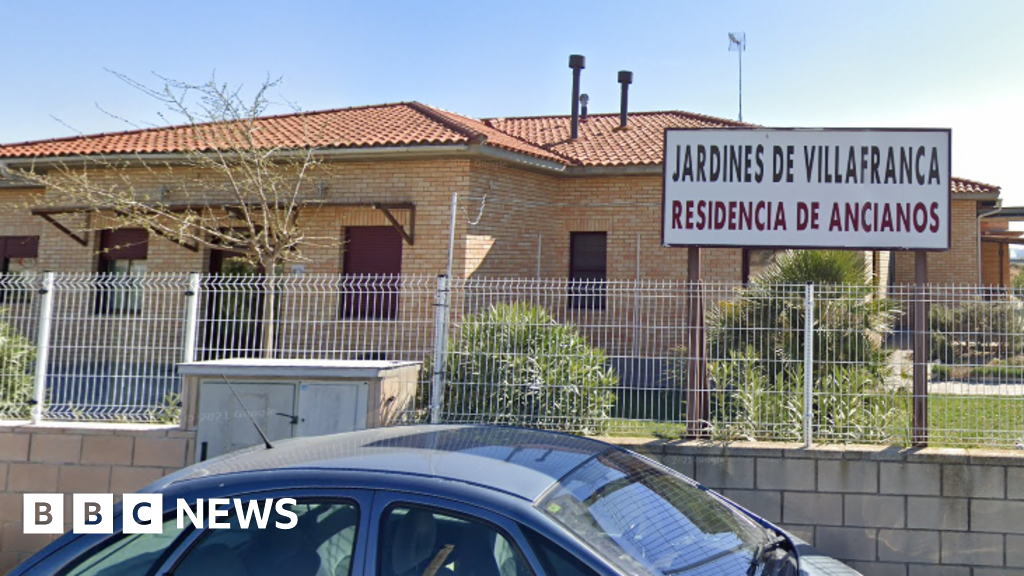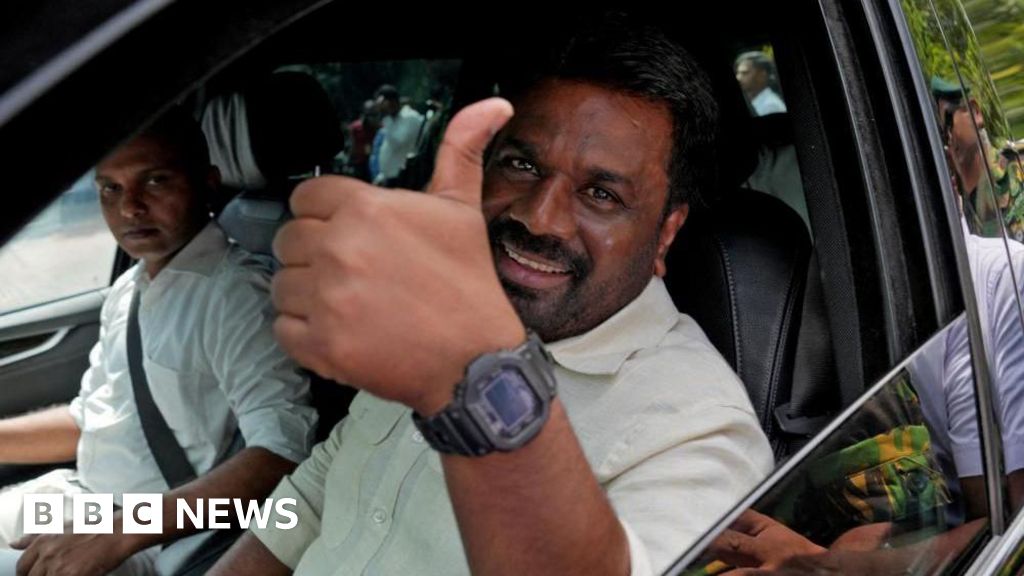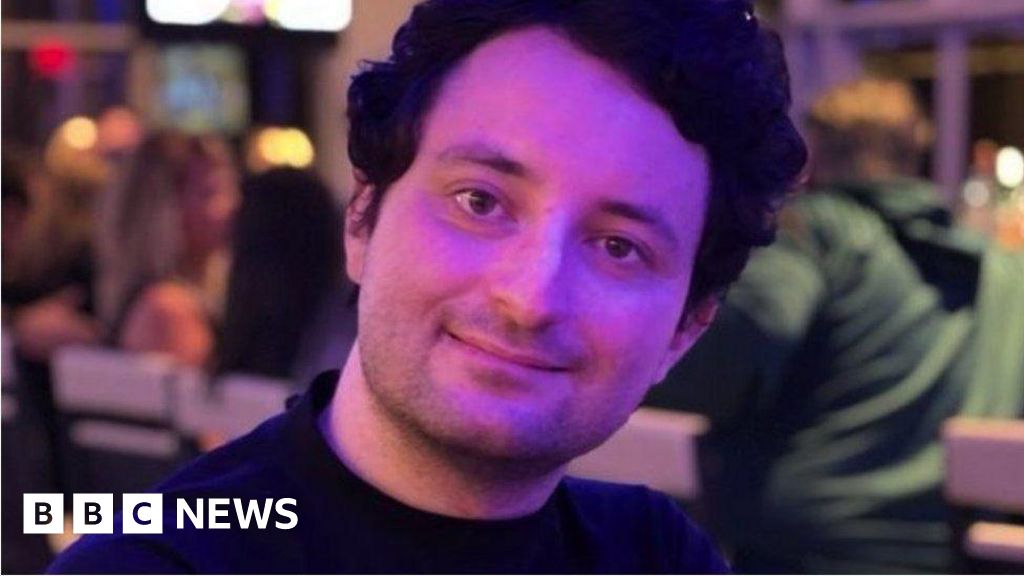ARTICLE AD BOX
By Joshua Nevett
BBC News
image source, Getty Images
image captionAngela Merkel is standing down after 16 years in officeGermans vote on Sunday in elections that will ultimately bring down the curtain on Angela Merkel's final term as chancellor of Germany.
When Mrs Merkel steps down after 16 years in power, how will history remember her?
We asked four experts to assess her style of leadership and track record.
What is Merkel's main legacy as chancellor?
She has turned German politics into a discussion about policy rather than politics, says Matt Qvortrup, professor of political science at Coventry University, and author of Angela Merkel: Europe's Most Influential Leader.
German politics used to be a testosterone-fuelled männerclub - a club of men. Under Mrs Merkel, things have become much more policy-oriented.
The problem with that, I suppose, is that it ends up being quite mechanical and scientific. Mrs Merkel trained as a physicist, and has a PhD in quantum chemistry. So, for someone like her, she has an approach that is very factually based.
image source, Getty Images
image captionMrs Merkel has a doctorate in quantum chemistry and worked as a research scientistThat's not the sort of thing that is barnstorming. But in her own sort of way, she has staged a bit of a revolution in German politics and world politics generally.
At a time when politics has become more polarised, she's tried to depolarise them by depoliticising issues.
Charlotte Galpin: Senior lecturer in German and European politics at the University of Birmingham
Mrs Merkel has been proclaimed by Forbes as the most powerful woman in the world for 10 years running. There is a whole generation in Germany that has never known anything other than a woman leader.
Her position has been symbolically important for women's representation, and she is known for bringing women into key positions. For example, she supported Ursula von der Leyen, the first female German defence minister and European Commission president.
image source, Getty Images
image captionMrs Merkel, pictured here with Ursula von der Leyen, supported the political ascent of womenYet, such symbolic representation doesn't automatically mean wider change, especially for non-white women and the LGBT community.
The targeting of Muslim women and rallying against so-called gender madness is widespread in Germany, driven in part but not only by the far-right Alternative for Germany (AfD) party. This election cycle, the issue of gender-appropriate language has become a politicised issue, over which Mrs Merkel has stayed largely silent.
Dr Rüdiger Schmitt-Beck: Professor of political science and political sociology at the University of Mannheim
Her policy legacy is a somewhat bizarre mix of modernisation and backwardness.
Many of the modernising features - such as same-sex marriage, phasing out nuclear energy, and welcoming immigration policies - would not be expected from a Christian Democratic chancellor.
However, the country is almost grotesquely lagging behind on big, pressing issues like digitalisation, climate policy, and demographic change.
image source, Getty Images
image captionThe AfD party opposed Mrs Merkel's liberal policy towards taking in migrants and refugeesAs Angela Merkel leaves office, the political landscape is much more volatile. This concerns, in part, the increasingly complex party system and the AfD, which thrives on anti-immigration sentiment.
There is, of course, the simple fact that she was the country's first female chancellor. I'm sure her pragmatic, quasi-presidential style of governing will serve as a role model for her successor, whoever it may be.
Dr Katrin Schreiter: Lecturer in German and European studies at King's College London
Her legacy is a determined and silent one. Her leadership is based on sober evaluation and projecting reliability. She's always been criticised for not being a visionary. But voters knew what they were getting with her.
She is brilliant at reading the room and taking the temperature of the electorate. For that, she has earned a lot of trust from international partners.
image source, Getty Images
image captionMrs Merkel developed a close relationship with France's President Emmanuel MacronThe other legacy that she leaves is that she liberalised the agenda of her party, the conservative Christian Democrats. She has moved the conservatives closer to the centre, and also closer to the left-wing Greens in certain aspects.
What were the key moments of her time in office and why?
Matt Qvortrup: Her main legacy is rescuing the euro, and dealing with the financial crisis of 2008.
I remember talking to her in Brussels at the time. In response to the crisis, she said she wanted as much market economics as possible, but as much state intervention as necessary.
The German Social Democrats used that line as a slogan in the 1960s. When I put that to her, she said, "I'm not a historian, I'm a pragmatist".
image source, Getty Images
image captionMrs Merkel had a turbulent relationship with former US President Donald TrumpThe second moment was her response to the Trump years. She kept the powder dry for liberal internationalism. Former US President Barack Obama actually convinced her to run for a fourth term. Immediately after Trump won the election, Mr Obama flew to Berlin to meet with Mrs Merkel.
After the meeting, Mr Obama recounted that he saw a tear in her eye. She was all alone.
She kept the ship afloat and, in a way, she's now done her duty. She can go.
Charlotte Galpin: Mrs Merkel's tenure is usually described as one characterised by crises.
A key moment was the refugee crisis. Facing a humanitarian crisis in the Balkans, Mrs Merkel opened Germany's borders and accepted almost a million refugees during 2015 proclaiming "wir schaffen das" - we can manage this.
image source, Getty Images
image captionGermany had a big role in easing the refugee crisis, which peaked in 2015Germany stood out as one of the few European countries that gave refuge to Syrians fleeing the civil war. Yet, 2015 saw the AfD move from an economically liberal, anti-Euro party to a far-right, Islamophobic one.
The AfD's success in the last Bundestag election saw the country's first far-right MPs since the 1960s.
Dr Rüdiger Schmitt-Beck: Three [moments] in particular come to mind.
First, when Mrs Merkel and her finance minister addressed citizens in 2008 to assure them that the government would guarantee their savings, to prevent a much-dreaded bank run.
Second, the high-stakes EU negotiations about debt relief for Greece during the Euro crisis.
And finally, Mrs Merkel's decision not to close the border to refugees stranded in Hungary in 2015. One should not overlook that Mrs Merkel did not open the border, as this decision is often framed, but decided not to close it.
Dr Katrin Schreiter: One of them was in 2017, when she paved the way for same-sex marriage to go through parliament.
Shortly before the election, she gave an interview to a women's magazine. In it, she said voting on these issues was a matter of individual conscience. She basically broke the party line and that opened up the opportunity to pass that law after years of delay. That was a major achievement.
image source, Getty Images
image captionSame-sex marriage in Germany has been recognised since 2017One of my favourite quotes is an early one. Once, when asked about what she felt when thinking of Germany, she said: "I think of well-sealed windows. No other country can make such well-sealed and nice windows."
That shows her humility and pragmatism. She broke it down to something very practical. That encapsulates it for me.
The responses to these questions have been edited for brevity and clarity.

 3 years ago
42
3 years ago
42








 English (US)
English (US)